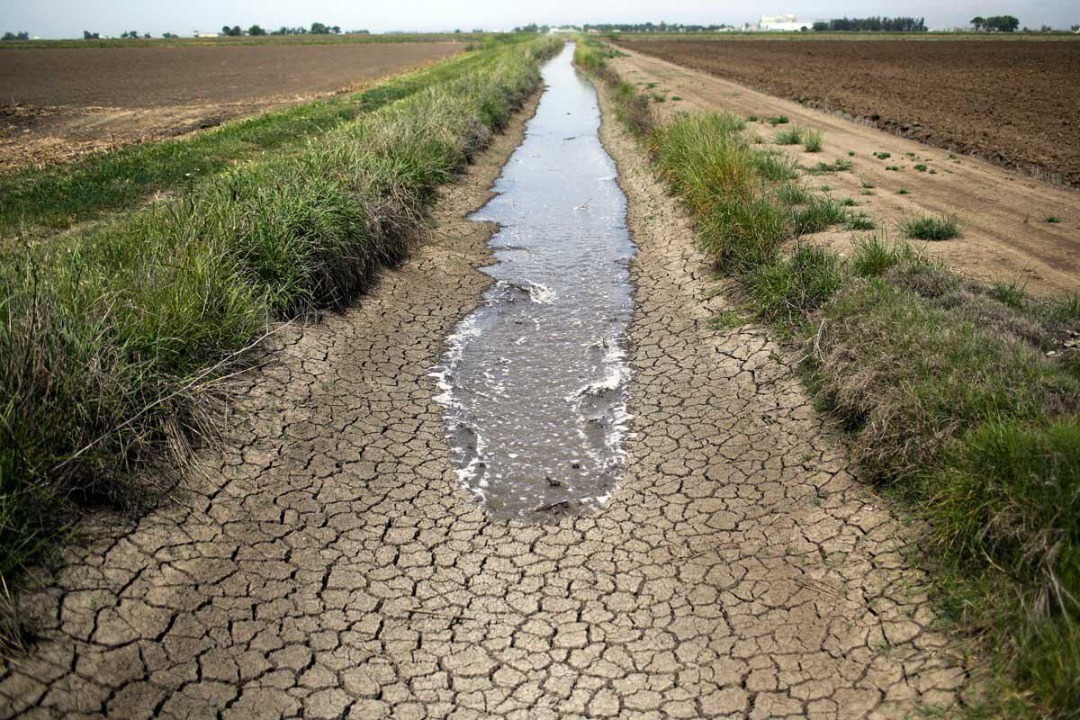Minister of Agriculture: Addressing the consequences of drought is MAIL’s priority

Jawza 27: June 16, 2021
Coinciding with June 17, World Day to Combat Drought, Dr. Anwarul-Haq Ahady, minister of agriculture, irrigation and livestock(MAIL), said,” the ministry had already anticipated this year's drought and specific plans are ready to be executed in-order-to combat the negative consequences of drought. “
General Assembly of the United Nation has named June (17) as the Day for Combating Drought to combat desertification.
On the occasion of this day, Mr. Ahady said,” Last winter, the Ministry was predicting a drought with a decrease in rainfall, therefore, has planned specific plans and programs to prevent the negative effects of drought.” He says drought is having a greater impression on agriculture and livestock sector, but the Ministry of Agriculture, in cooperation with some international partner organizations, has begun distributing food to farmers across the country to mitigate the negative effects of drought.
The Minister of Agriculture also stressed that the Ministry of Agriculture, in cooperation with Food and Agriculture Organization of the United Nations (FAO), has begun the process of distributing animal feed or concentrate to vulnerable farmers due to drought in a number of provinces.
He added that the ministry has had efficacious talks with various international institutions, including the Asian Development Bank (ADB) and World Bank, to prevent the harmful consequences of drought in the last two weeks, stressing that the Afghan government is allocating a certain budget in this regard.
Meanwhile, a joint survey by the Ministry of Agriculture, Irrigation and Livestock and National Central of Statistics on "forecasting the state of agriculture" this year shows that this year's wheat production in Afghanistan decreased 24 percent and will reach four million metric tons.
According to the survey, the largest decrease was revealed in the areas under irrigated wheat cultivation. The survey shows that due to reduced rainfall last winter and spring this year, 62% of the area under irrigated wheat cultivation and 3% of the area under irrigated wheat cultivation will be reduced. The country's wheat production reached 5.1 million metric tons last year.